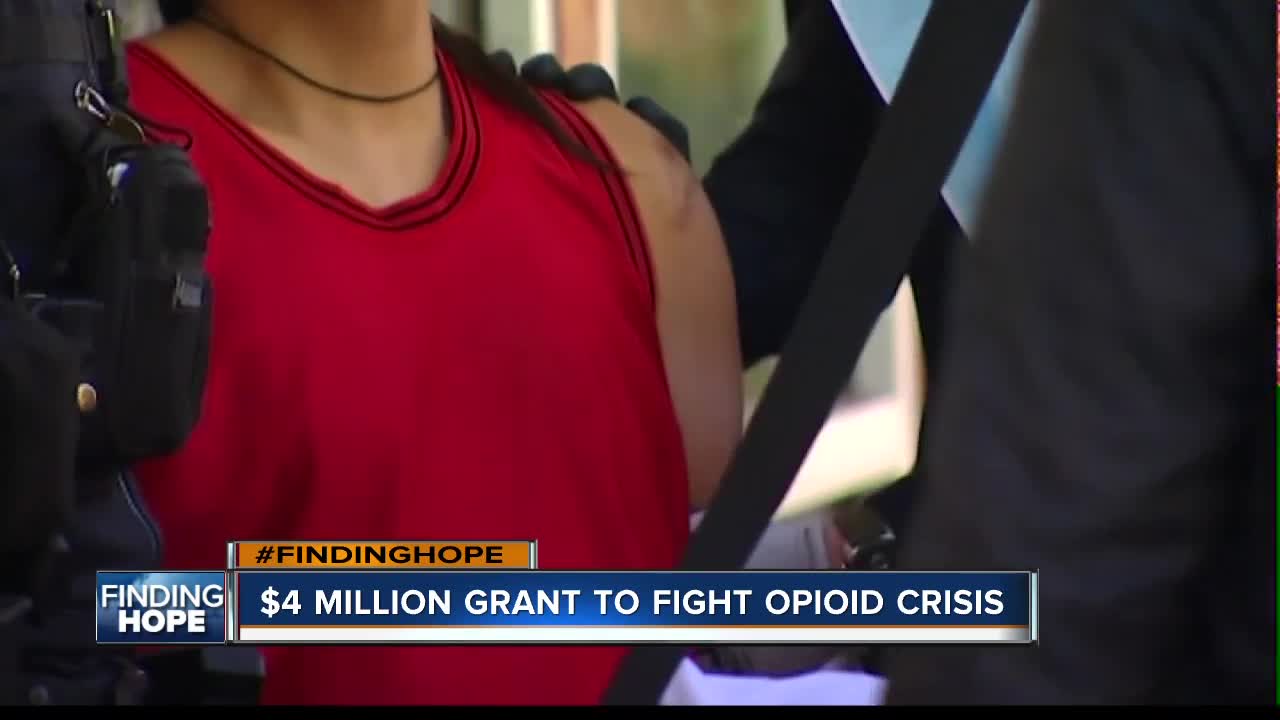Major money is moving into Idaho to fight the opioid crisis. The Department of Health and Welfare will spend a vast majority of a new $4 million grant on expanding treatment for Idahoans struggling with opioid addiction.
The state has already been using money from a previous $2 million grant to expand medication-assisted treatment in Idaho, but the new grant promises $4 million dollars a year for the next two years. Three quarters of that will be dedicated to helping uninsured Idahoans get the treatment they need.
"The feds are very, very clear. The goal of this money is to reduce death," Rosie Andueza with the Idaho Department of Health and Welfare said.
Treatment will include both psycho-social rehabilitation through therapy, and -- if wanted -- medication-assisted treatment for addiction with Suboxone or Methadone.
"The additional cost of medication does make treatment of this particular disorder more expensive than say treatment of alcoholism or methamphetamine," Andueza said.
But experts say that added component is proven to help.
With the grant, Idahoans in rural communities will have more access to take-home prescriptions of Suboxone, while more Treasure Valley residents will be able to undergo in-clinic Methadone treatment.
"Opiates are a bit different than other substances in the changes they create and the physical addiction," Andueza said. "So the medication becomes a very important part of that treatment for those who opt-in for medication."
Through a previous grant, MAT was covered "in full" for qualifying Idahoans for up to three months. Now the state can fund treatment for those patients for twice as long.
"We think that will give people who are struggling more time to become more stabilized and have a better chance at success in recovery," Andueza said.
Another goal behind the grant is to fight the stigma associated with MAT since health experts - even at the federal level - say it's the best option for addicts to reach recovery.
"Personally, I believe medication-assisted treatment has historically gotten a bad rap. You know, it has that, 'Oh you're just giving more drugs to druggies,' and that truly isn't what it is. It's giving medication to people who have a disease," Andueza said.
So if you think you may qualify for state-funded treatment, the first step is to call BPA Health at 1-800-922-3406.








